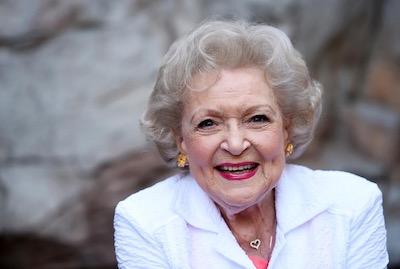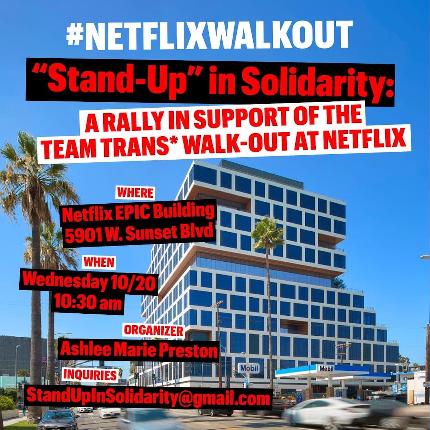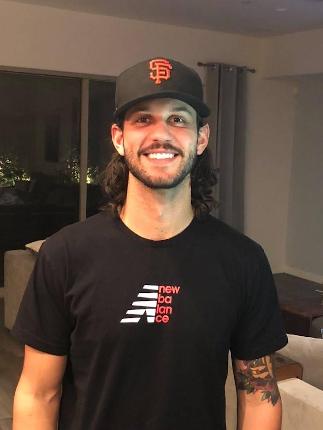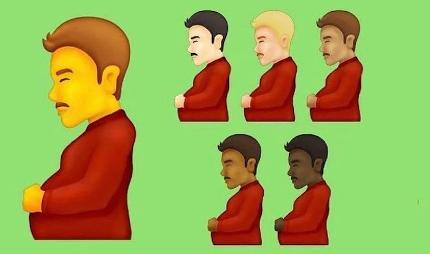
BY ADAM KLASFIELD | One day after New York State’s highest court issued a favorable decision for two lesbian parents, a transgender father in Louisiana got closer to seeing the twins he helped raise in a case that could reach the Bayou State’s top court.
In 2003, Vincent Ferrand and Paula Stephanie exchanged vows and wedding rings in Tennessee, but the state refused to recognize their union.
That was because, though Vincent identified as a man, Tennessee still viewed him as a woman, and the state would not recognize same-sex marriages until the Supreme Court forced it to 12 years later.
Two years after their ceremony, Paula would legally change her surname to his, and the couple braced for Hurricane Katrina to make landfall in their home state of Louisiana.
In the wake of the storm’s devastation, Vincent says, his construction business had been “booming.” He said that his new influx of cash made him able to fund Paula’s in vitro fertilization, and she became pregnant with twins in 2007.
Both of the children, a son and a daughter, called him “Daddy,” and the boy took his name: Vincent, II.
The parents changed both birth certificates to take Vincent’s surname.
After the twins both turned four, the mother reconnected with a high-school boyfriend on Facebook, and they began an affair that would eventually lead to her remarriage — this time, recognized by the state.
Vincent claims that his former partner rarely visited her children for well over a year as she essentially “walked away” to begin a new life.
This abruptly changed in early 2014, when Vincent said that he dropped the children off at school in the morning, and received an email from Paula in the afternoon threatening to call the police if he tried to contact them. Their relationship continued to take a messy downturn: Paula claimed that Vincent got “violent” against her, and they filed protective orders against each other.
Days later, Vincent says, he filed a petition for custody for the children, whom he says he has not seen since 2015.
A judge upheld only Paula’s protective order against him, and threw out his petition seeking visitation.
On Aug. 31, Louisiana’s Fifth Circuit Court of Appeal unanimously found that the trial judge should not have awarded custody to the mother without a court-appointed expert considering the children’s well-being. The court upheld the order protecting Paula from Vincent, but vacated the order keeping him from the children.
Louisiana Circuit Judge Fredericka Homberg Wicker noted for the panel that the state’s highest court has never heard a case like Vincent’s, where the “non-parent is neither biologically nor legally related to the child but has, in essence — together with the biological parent — parented the child in a, albeit non-traditional, family unit since the child’s birth.”
Wicker noted in the 55-page opinion that “the dynamics of the American family, however, have drastically changed.”
Indeed, Pew Research Center found two years ago that fewer than half of all U.S. children live in a “traditional” family, defined as two heterosexual parents on their first marriage.
“The United States Supreme Court has recognized that ‘the demographic changes in the past century make it difficult to speak of an average American family,'” Wicker continues. “For example, same-sex couples are raising more than 2 million children in the United States. Further, no Louisiana court has opined on any same-sex custody dispute since the United States Supreme Court’s landmark decision in Obergefell, wherein the court held that ‘the right to marry is a fundamental right inherent in the liberty of the person, and under the due process and equal protection clauses of the 14th Amendment couples of the same sex may not be deprived of that right and that liberty.”
The ruling’s reasoning echoes the findings that New York’s highest state court reached a day earlier, in a decision favoring two nonbiological, nonadoptive lesbian mothers.
While the New York ruling updated a 25-year-old precedent in the Empire State, Louisiana Fifth Circuit’s findings will have a more limited effect — as the court for five state parishes, none of which includes New Orleans.
But Vincent’s attorney Martha Maher said the court’s ruling meant the world to her client, who found out about it before she did because he has been regularly logging onto its website for updates.
Maher said it has been 14 months since Vincent has seen the children, and she emphasized that her client still has a long road ahead.
“I calmed him down, [telling him] to just enjoy our victory, and we’re a long way until getting custody,” she said.
Though Paula’s attorney did not respond to a telephone request for comment from this reporter, Maher said that opposing counsel informed her of a possible appeal to the Louisiana Supreme Court, which has never heard a case like it.
Such a hearing could continue an increasing trend across the nation to broaden traditional notions about family.
Several pages of Wednesday’s ruling outline the legal precedents in cases tackling similar issues throughout the South, including in Alabama, Florida, Georgia, Kentucky, Mississippi, North Carolina, Oklahoma, Virginia, Tennessee and Texas.
In a primer on legal recognition for LGBT families, the National Center for Lesbian Rights listed 25 states where a nonbiological and nonadoptive parent may seek visitation or custody even if they are not a legal parent.
“Only a small number of states have said that a nonlegal parent has no ability to seek custody or visitation with the child of his or her former partner, even when he or she has been an equally contributing caretaker of the child,” the San Francisco-based group wrote.























